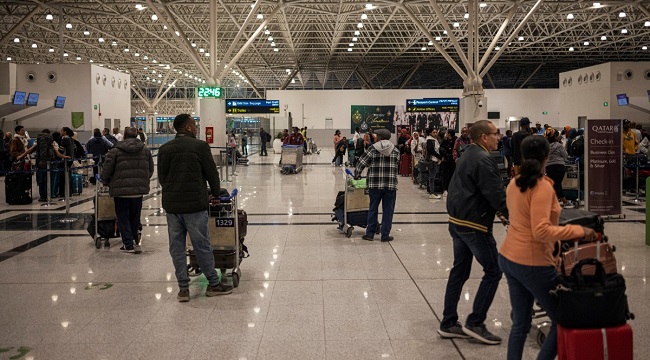The Supreme Court of the United States on Monday struck down an Arizona law that required people registering to vote in federal elections to show proof of citizenship, a victory for activists who say it discouraged Native Americans and Latinos from voting.
In a 7-2 vote, the court said the voter registration provision of the 2004 state law, known as Proposition 200, was trumped by a federal law, the 1993 National Voter Registration Act.
The state law was strongly opposed by the Mexican American Legal Defense and Education Fund (Maldef) and Indian tribes. They said it deterred legal voters who did not have the required paperwork from registering to vote.
Nina Perales, vice president of litigation at Maldef, said the ruling “sends a strong message that states cannot block their citizens from registering to vote by superimposing burdensome paperwork requirements on top of federal law.”
The ruling will affect three other states – Georgia, Alabama and Kansas – that have similar laws, and prevent others that may have wanted to follow suit from enacting legislation along the same lines.
Democrats say the measures, championed by Republicans, are intended to make it more difficult for certain voters who tend to vote Democratic to cast ballots.
While issuing its ruling, the court made clear that Arizona could still have other ways to assert its argument that it should be allowed to ask for proof of citizenship. That would be the subject of separate litigation, it wrote.
Arizona Attorney General Tom Horne, who argued the state’s case before the Supreme Court justices, did not immediately respond to a request for comment.
Federal law requires prospective voters to provide one of several possible forms of identification, such as a driver’s licence or a passport, but no proof of citizenship is needed. Would-be voters simply sign a statement saying they are citizens.





